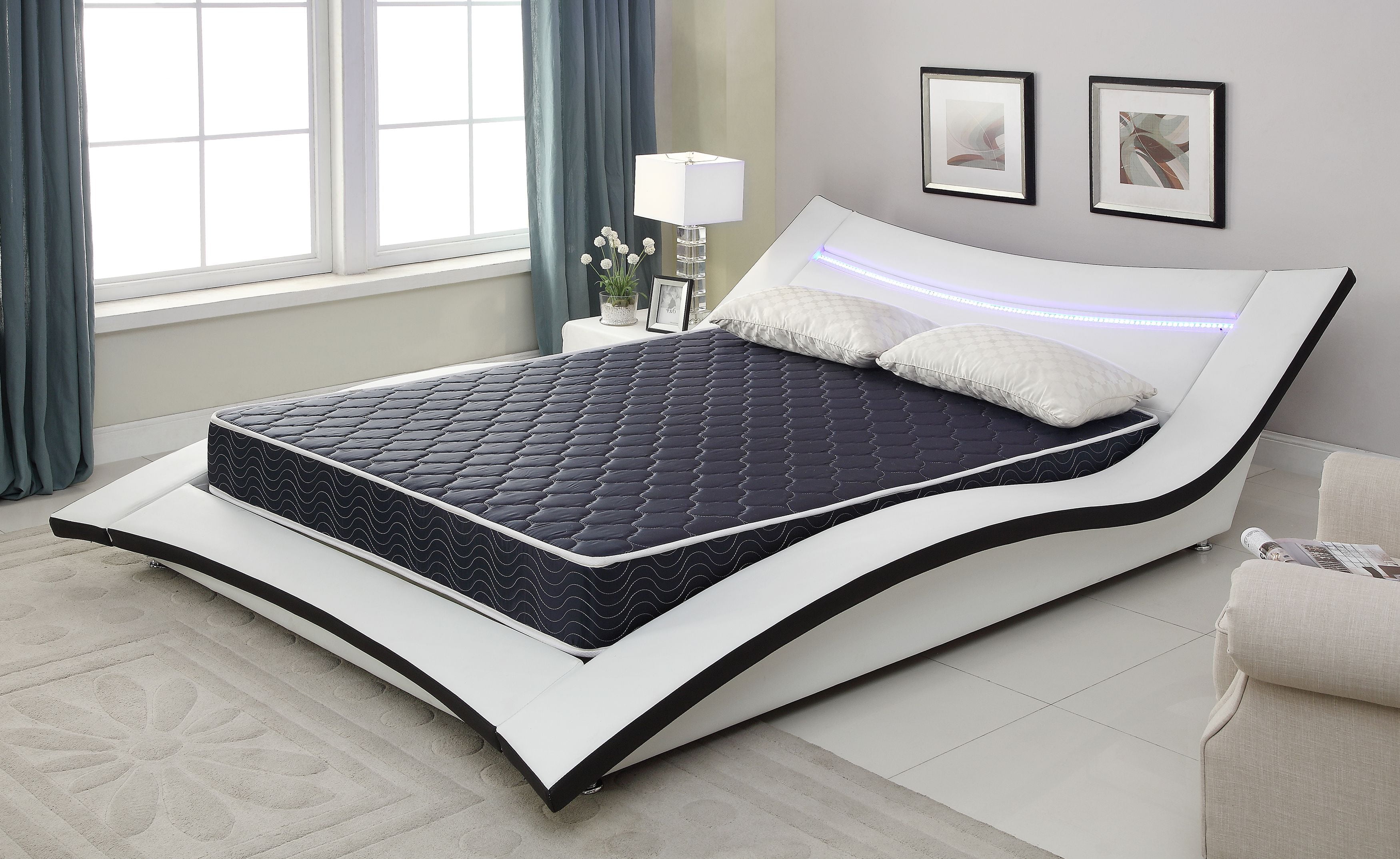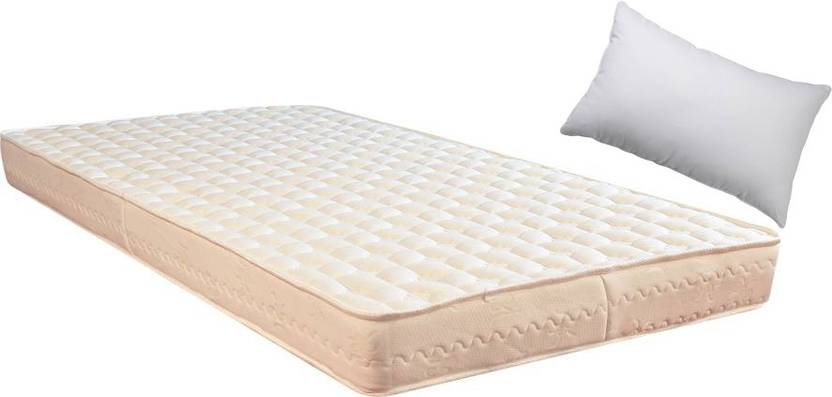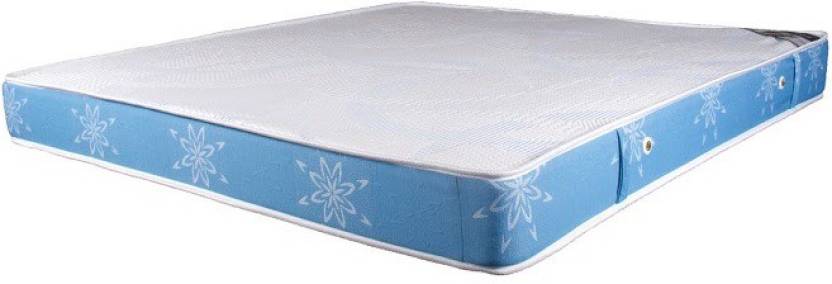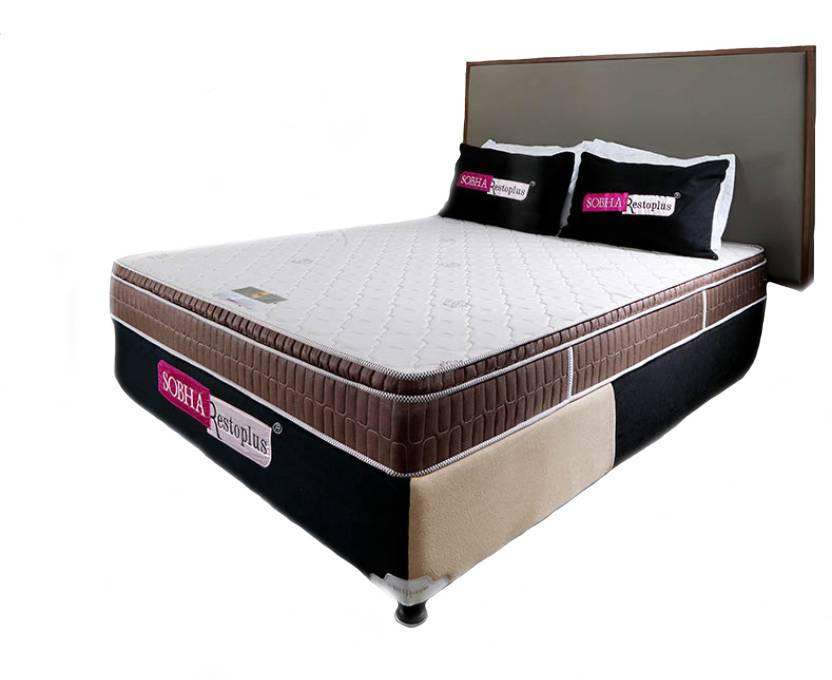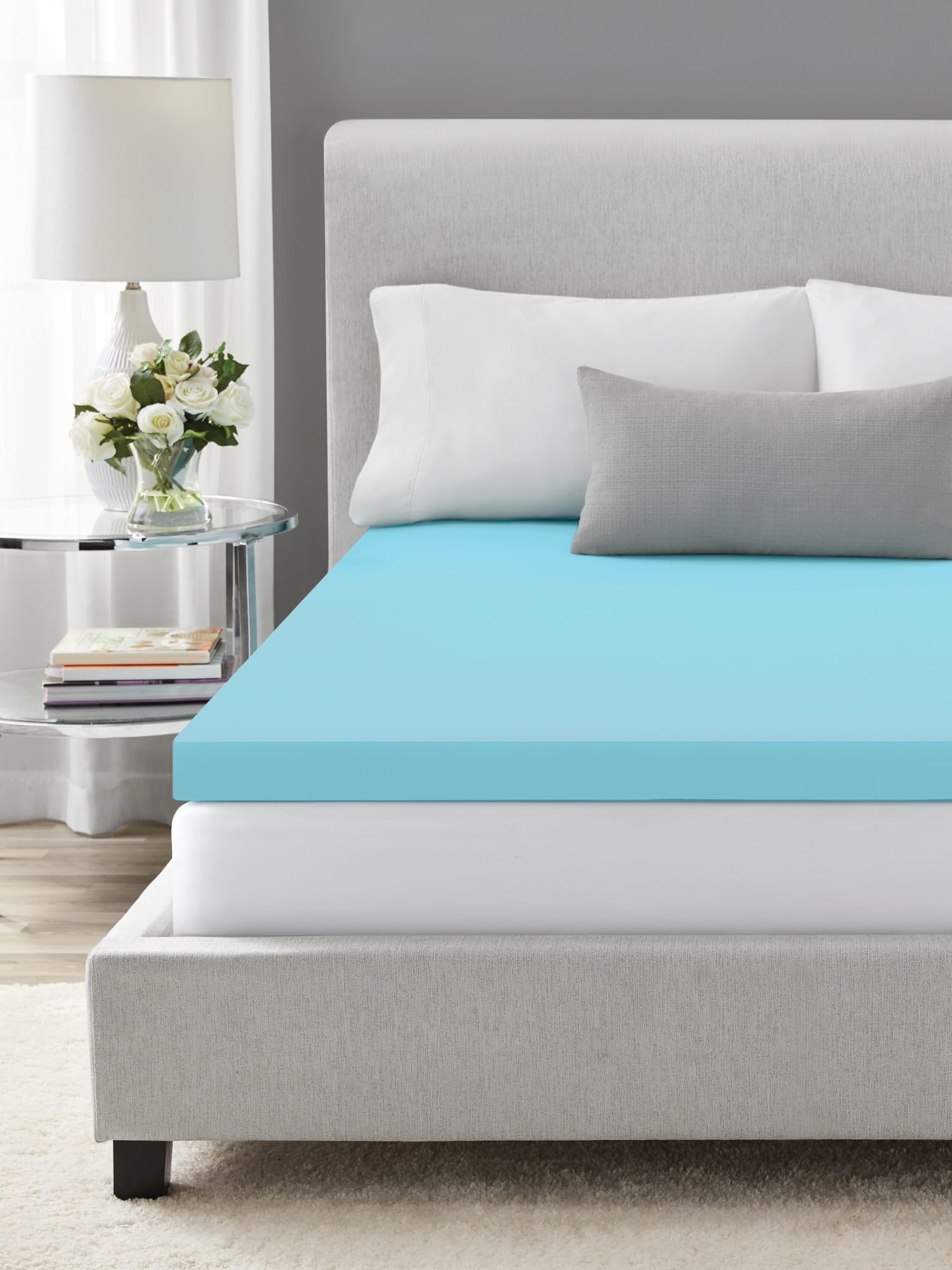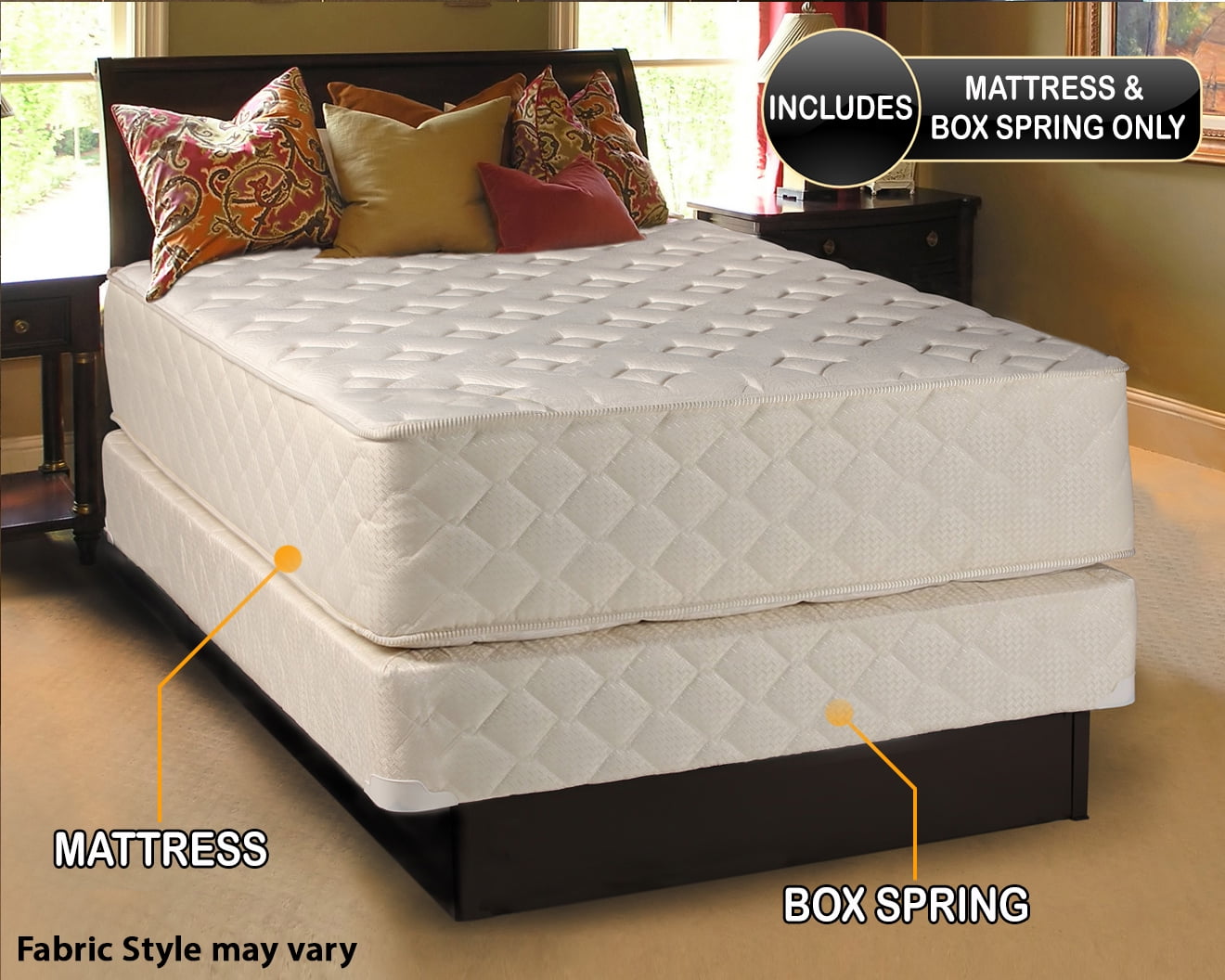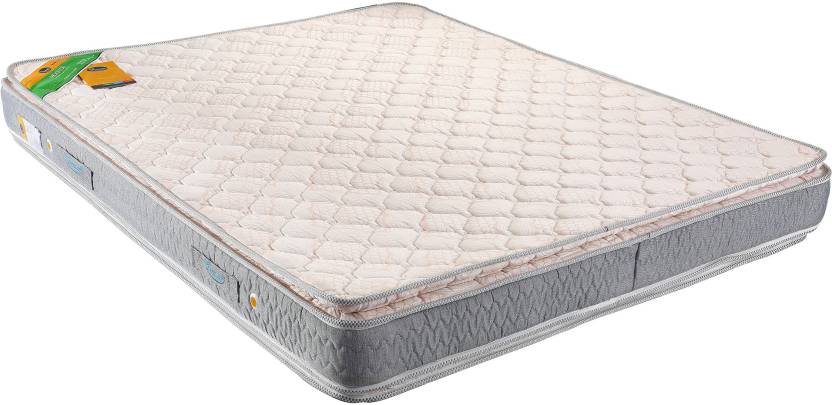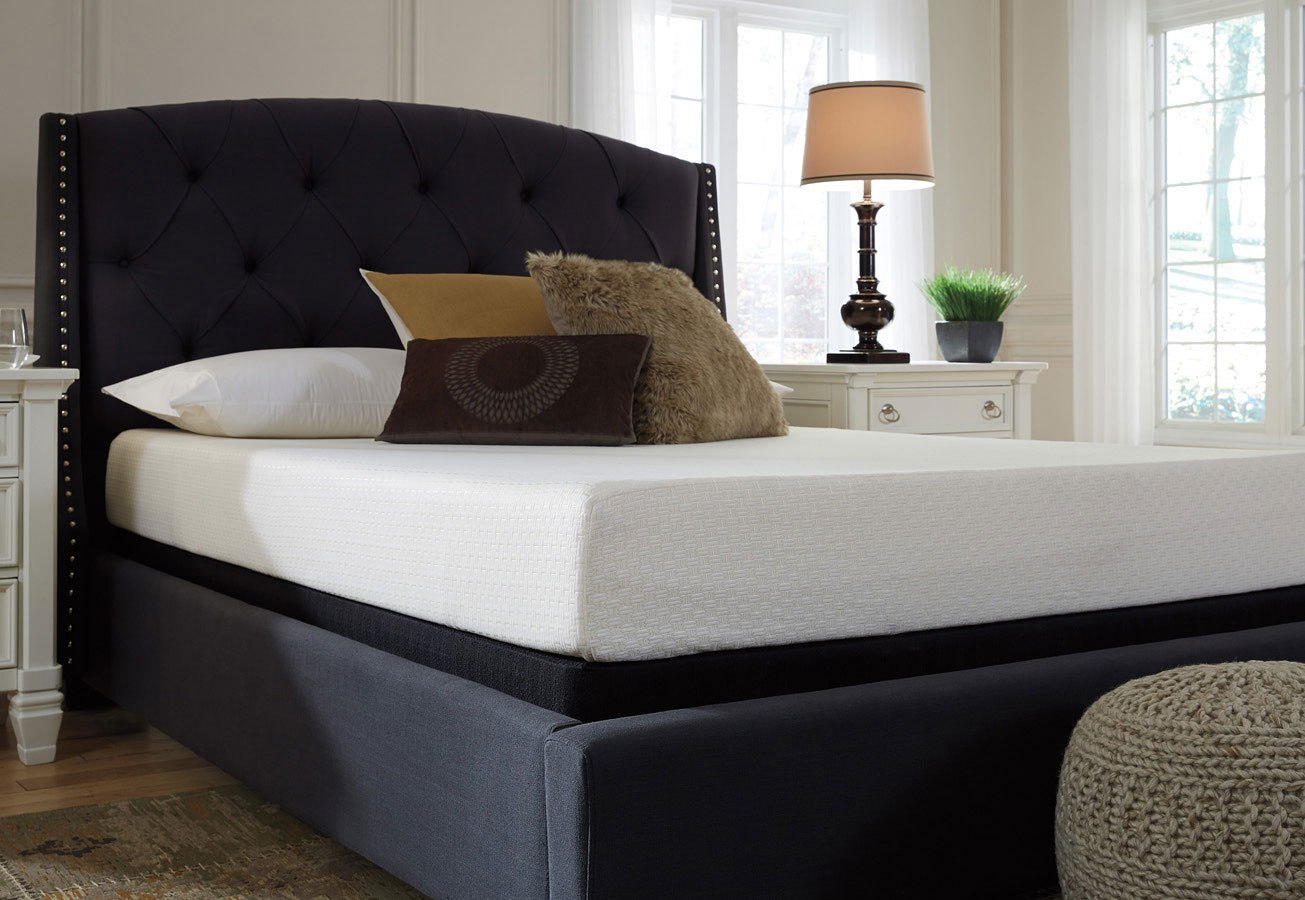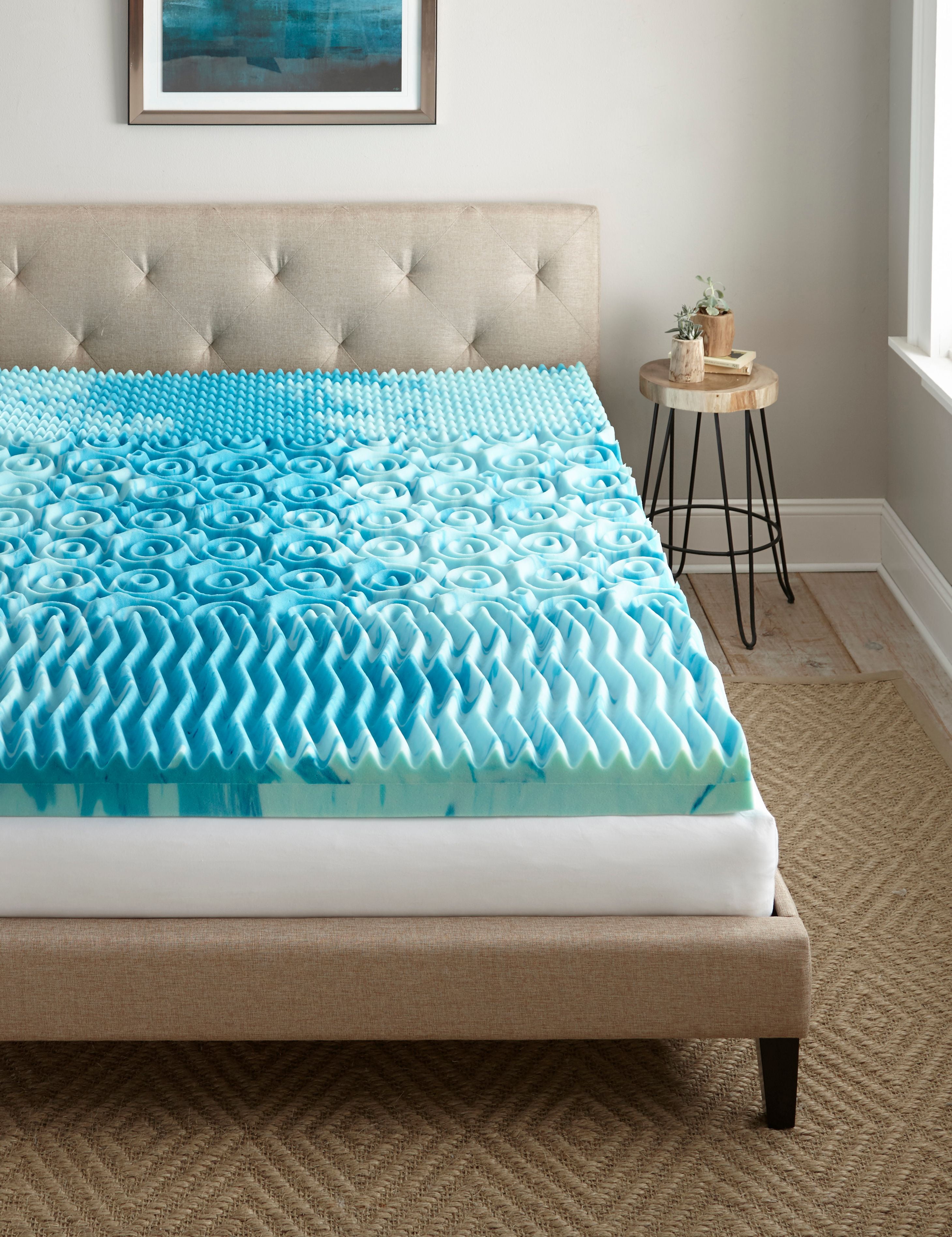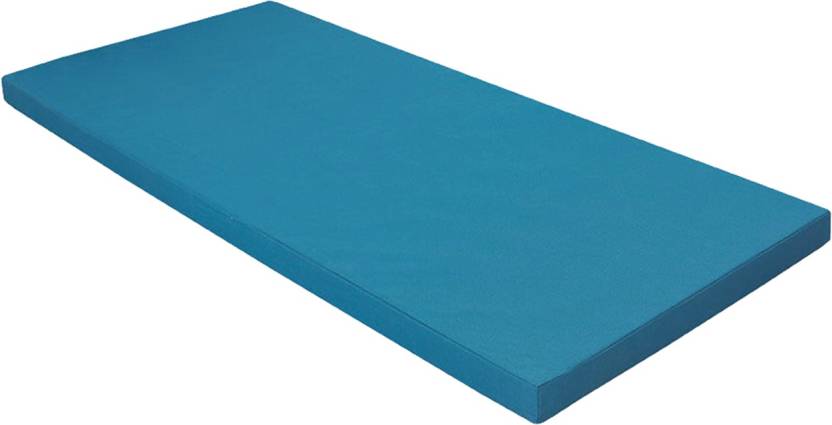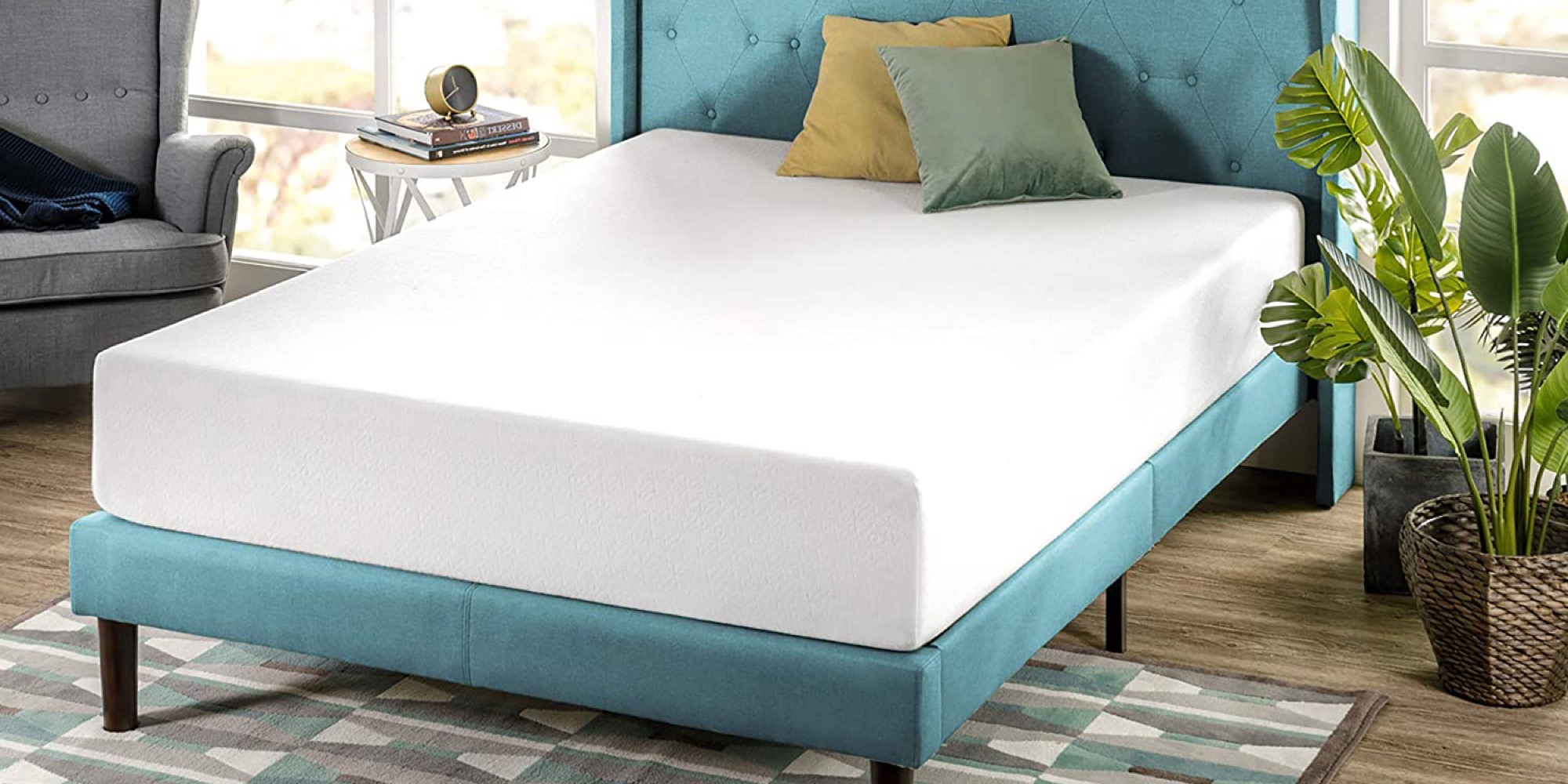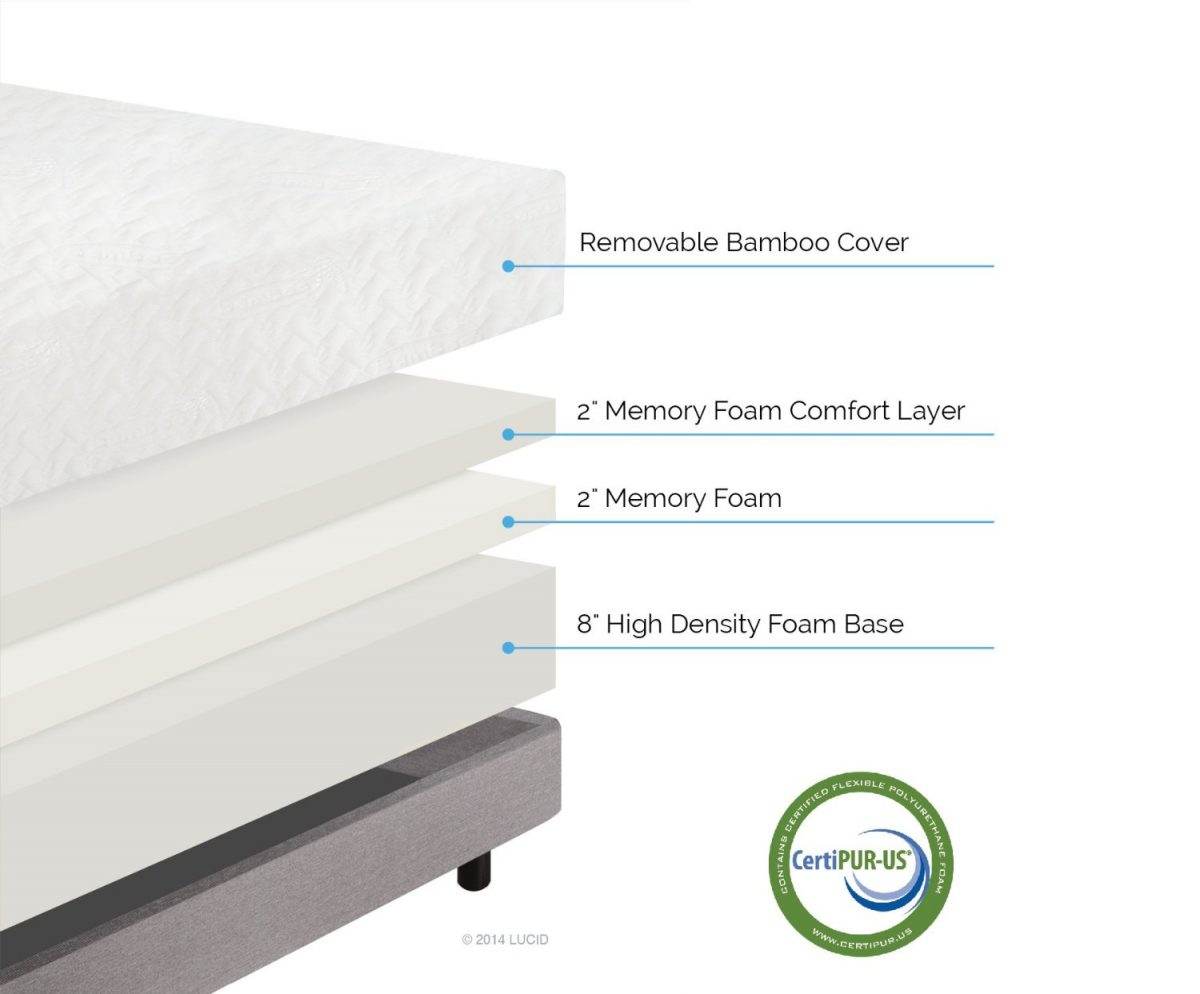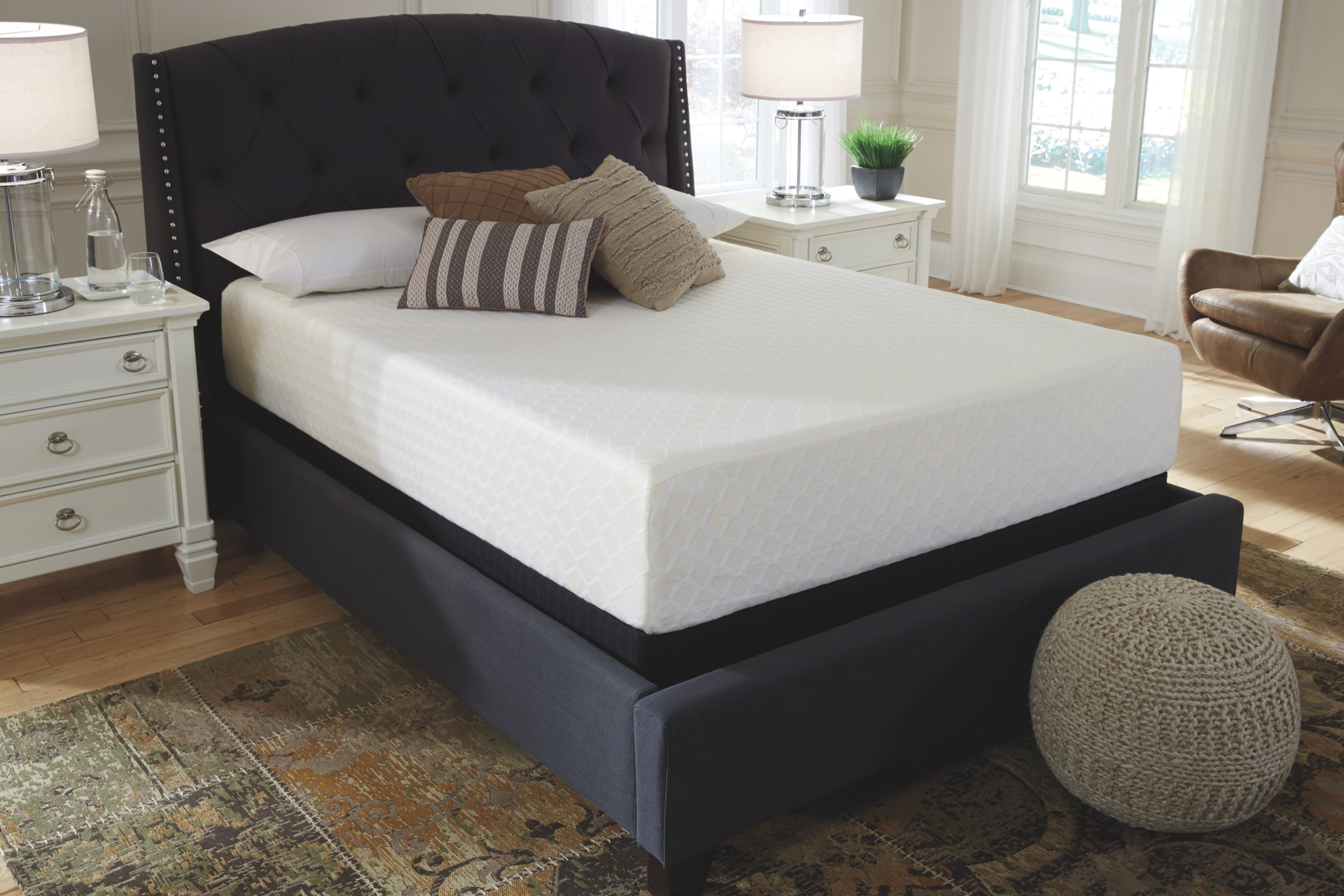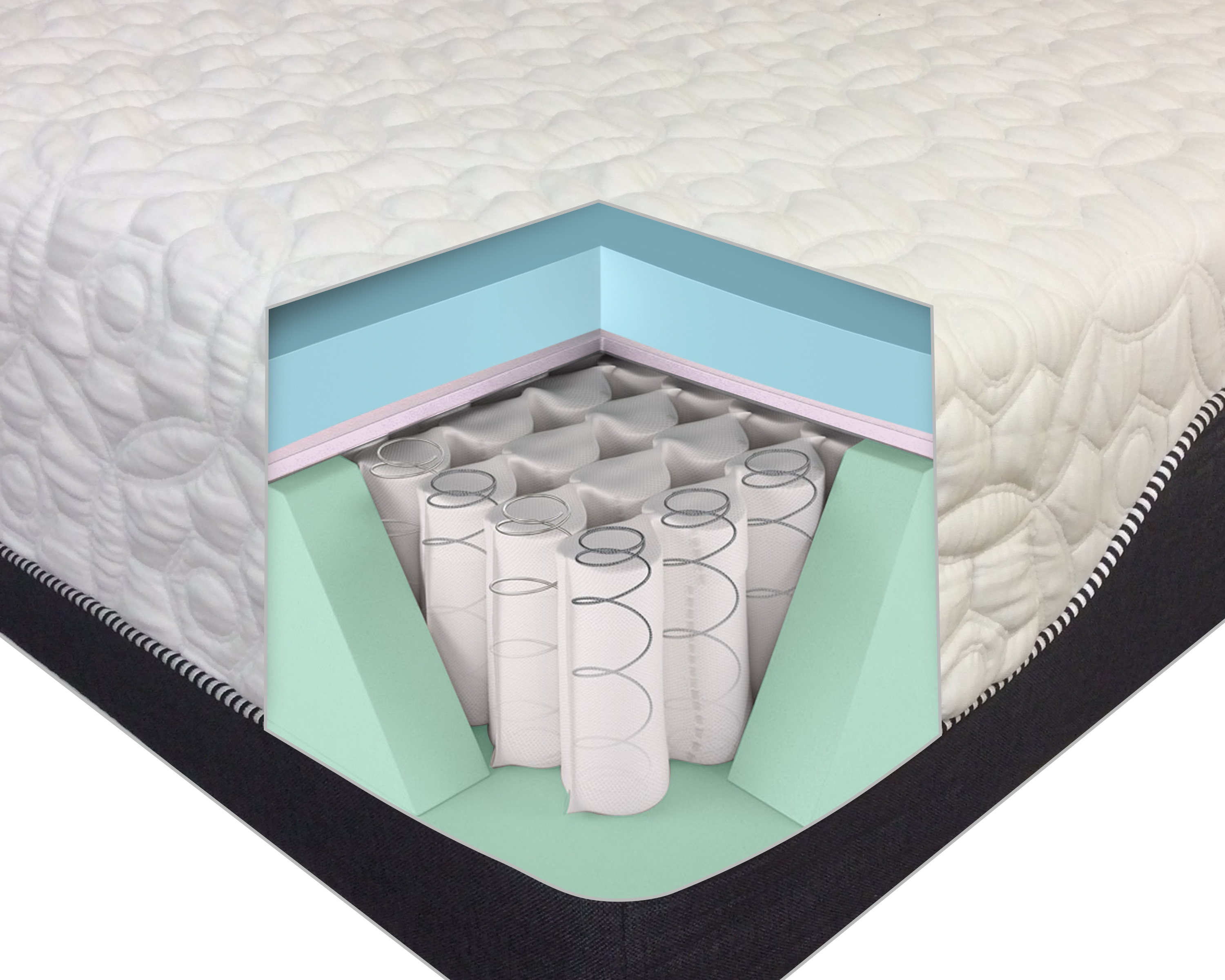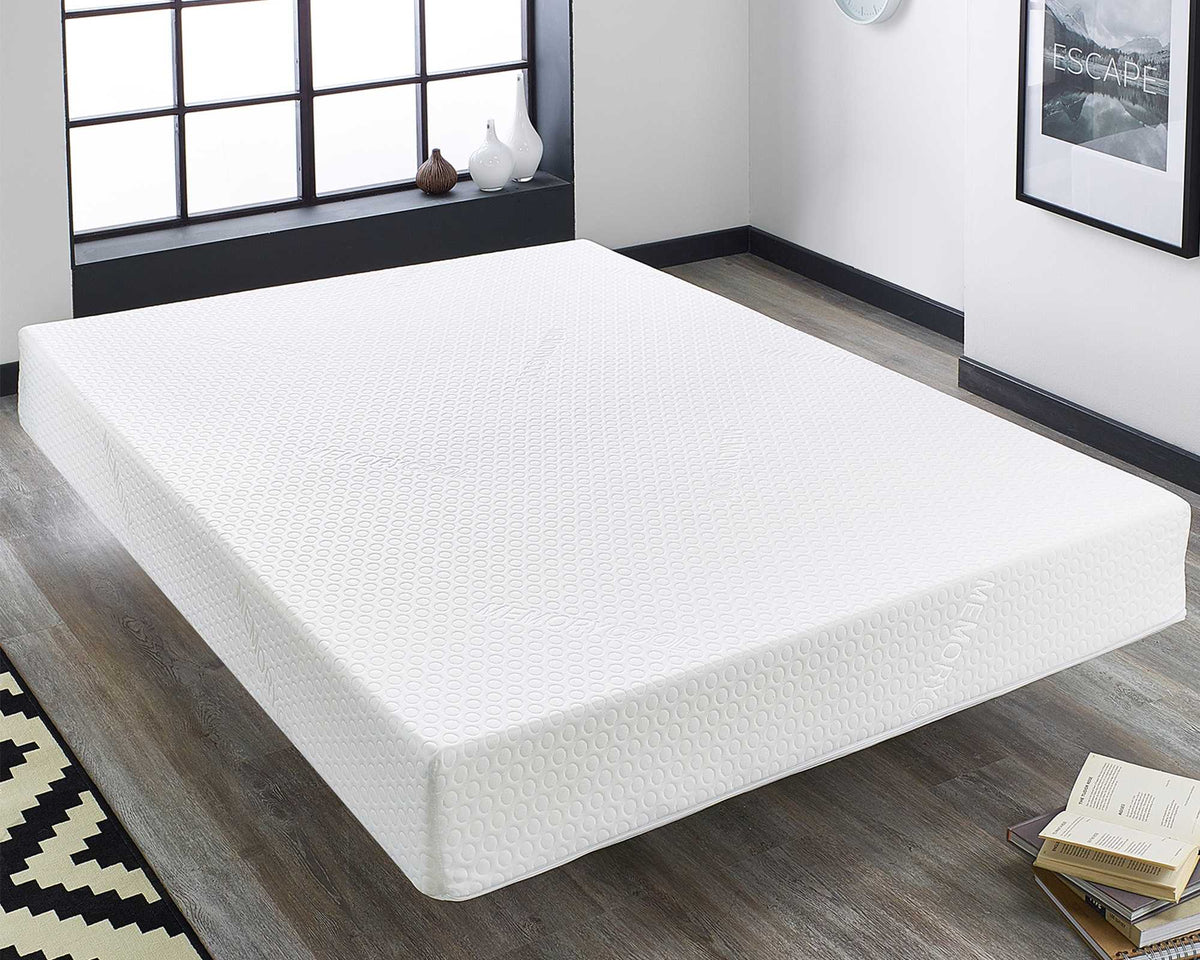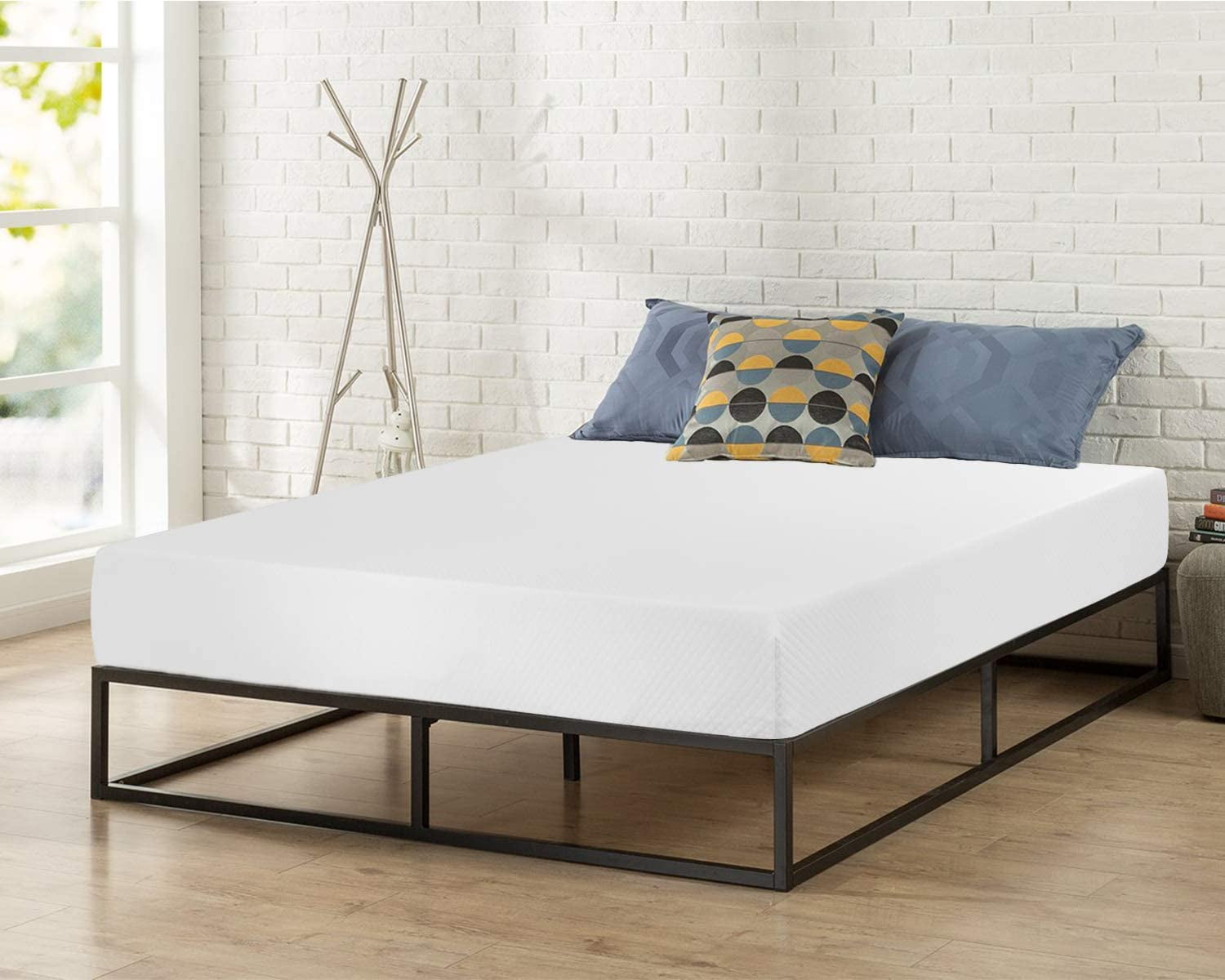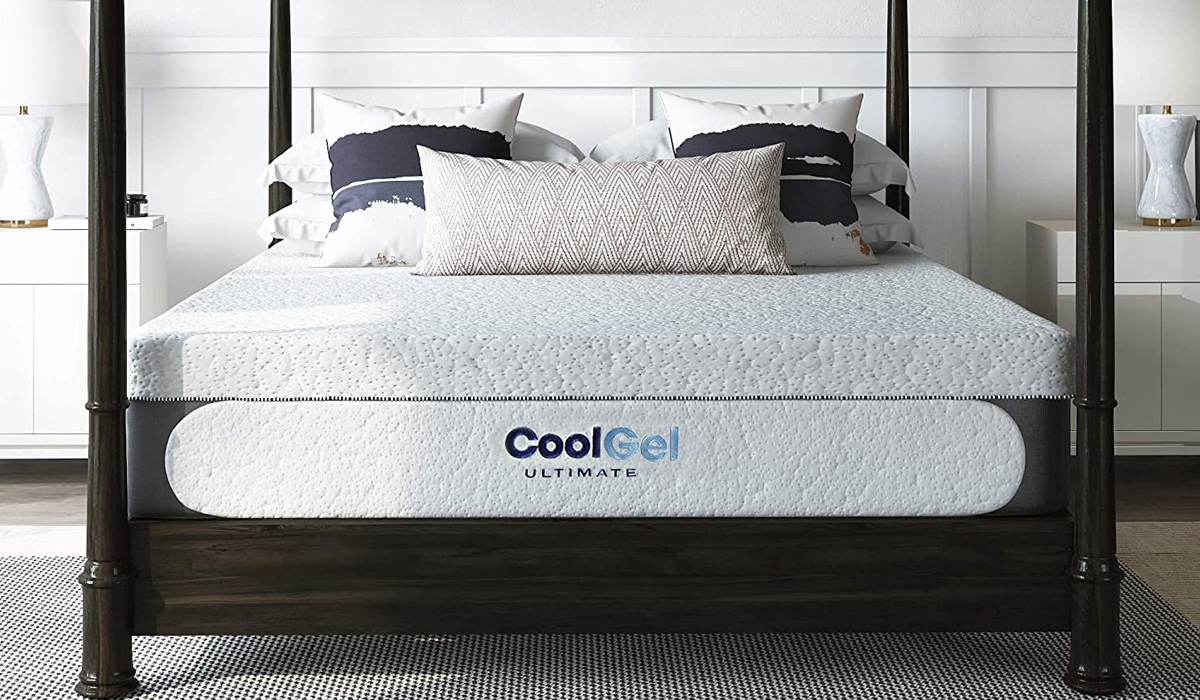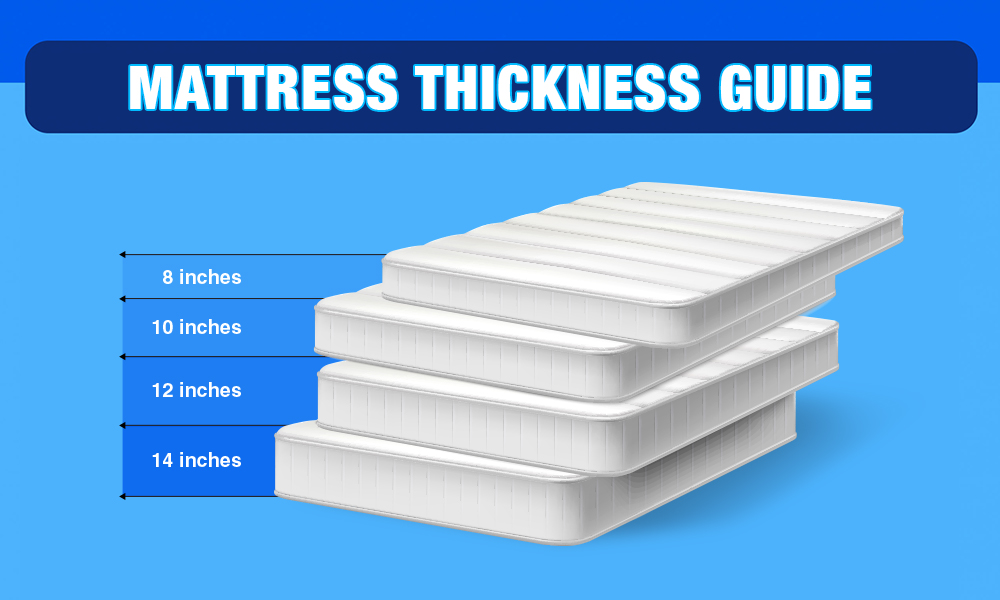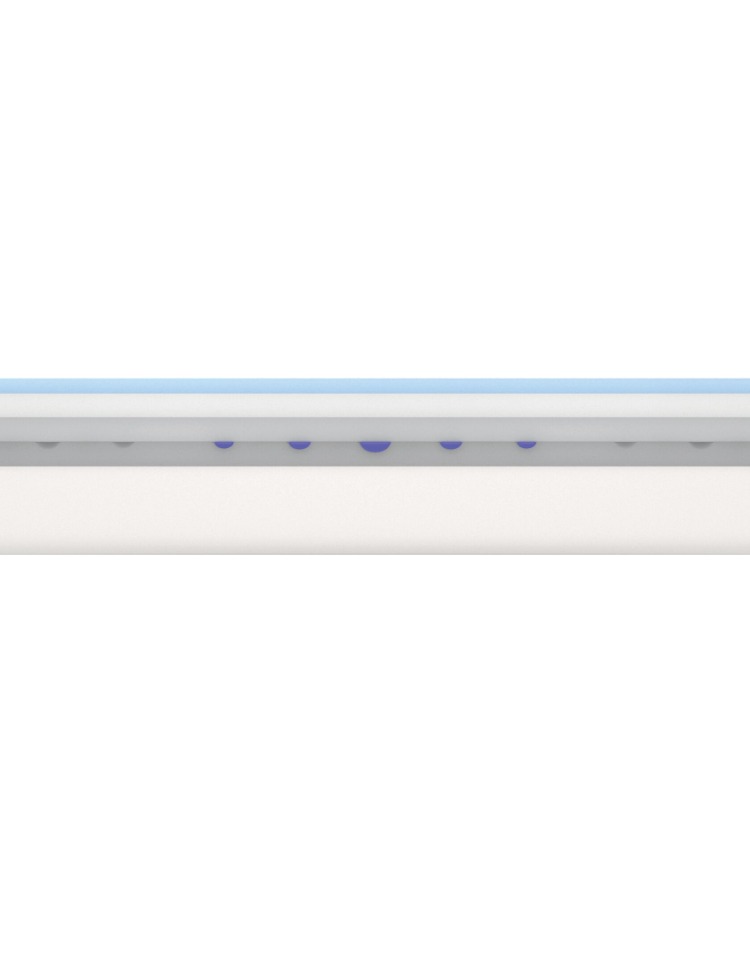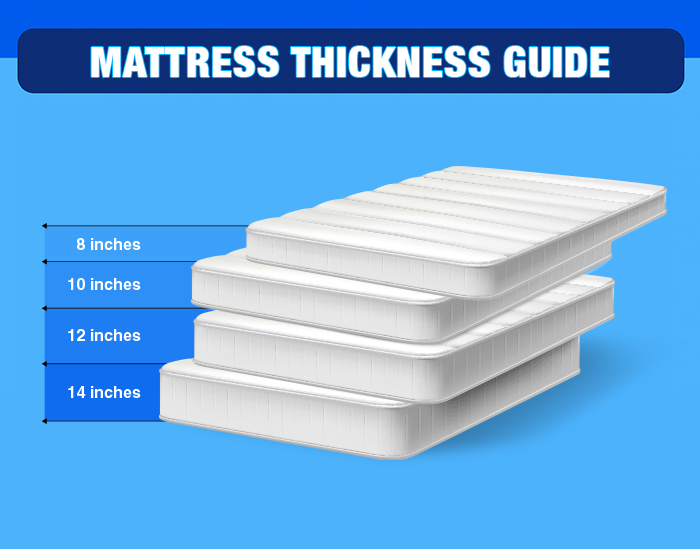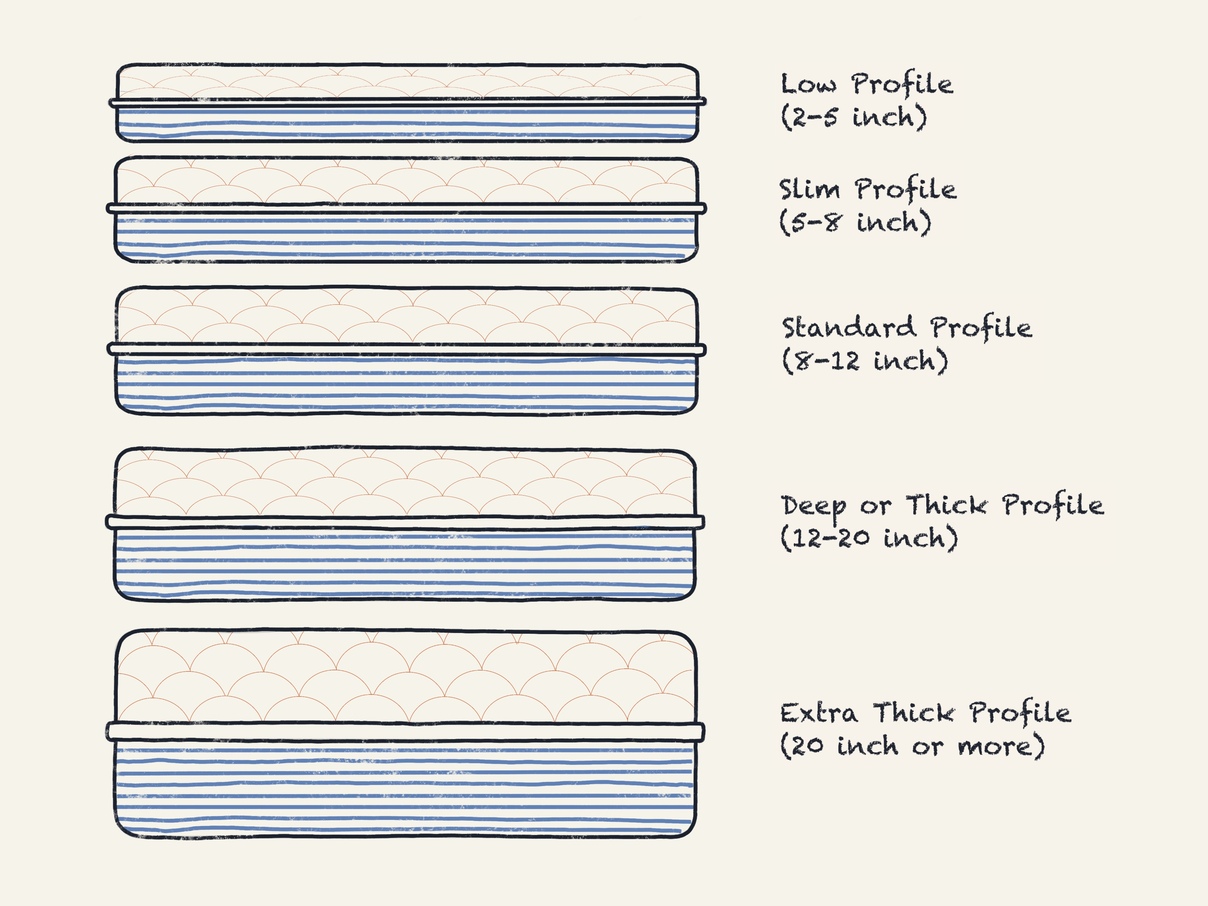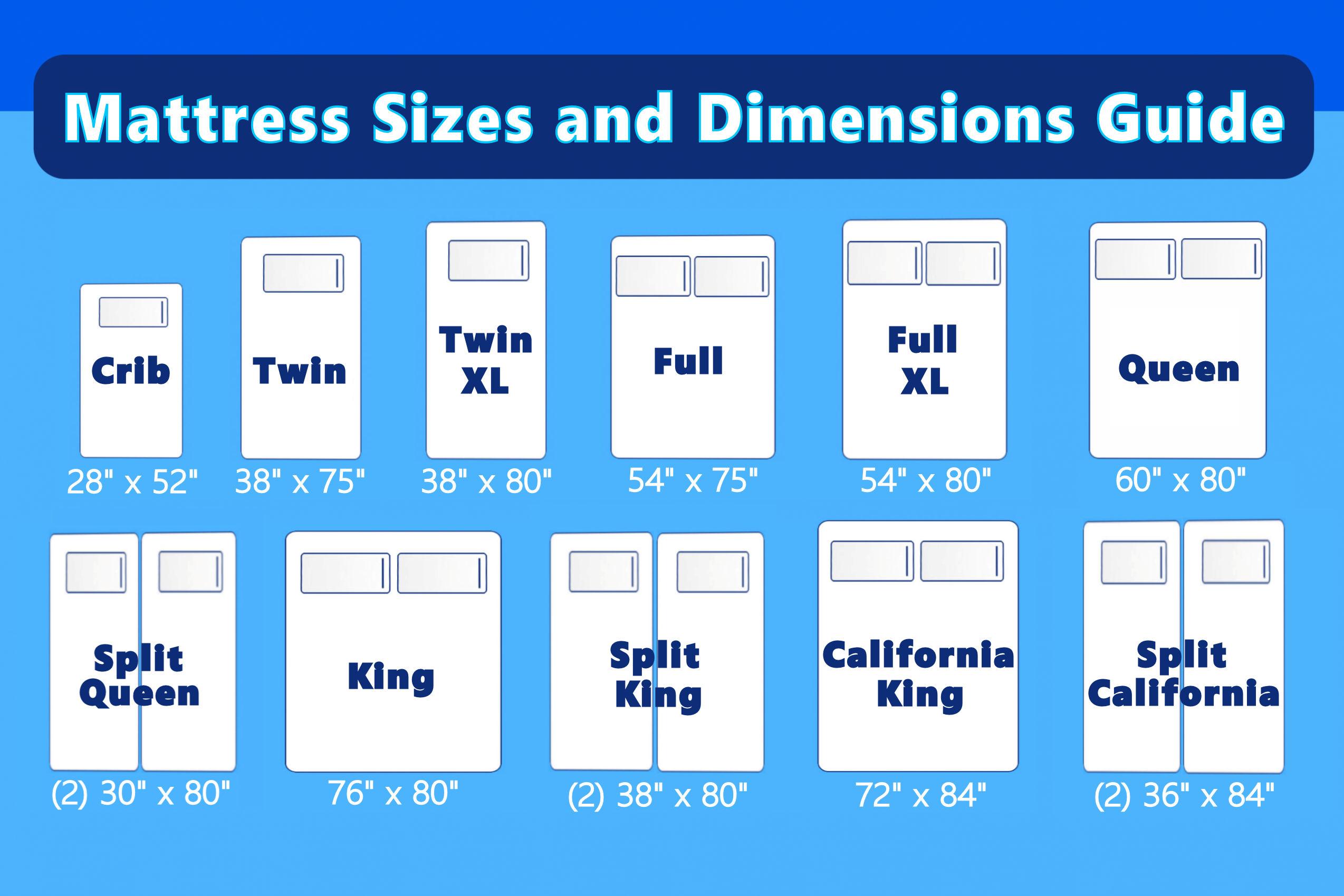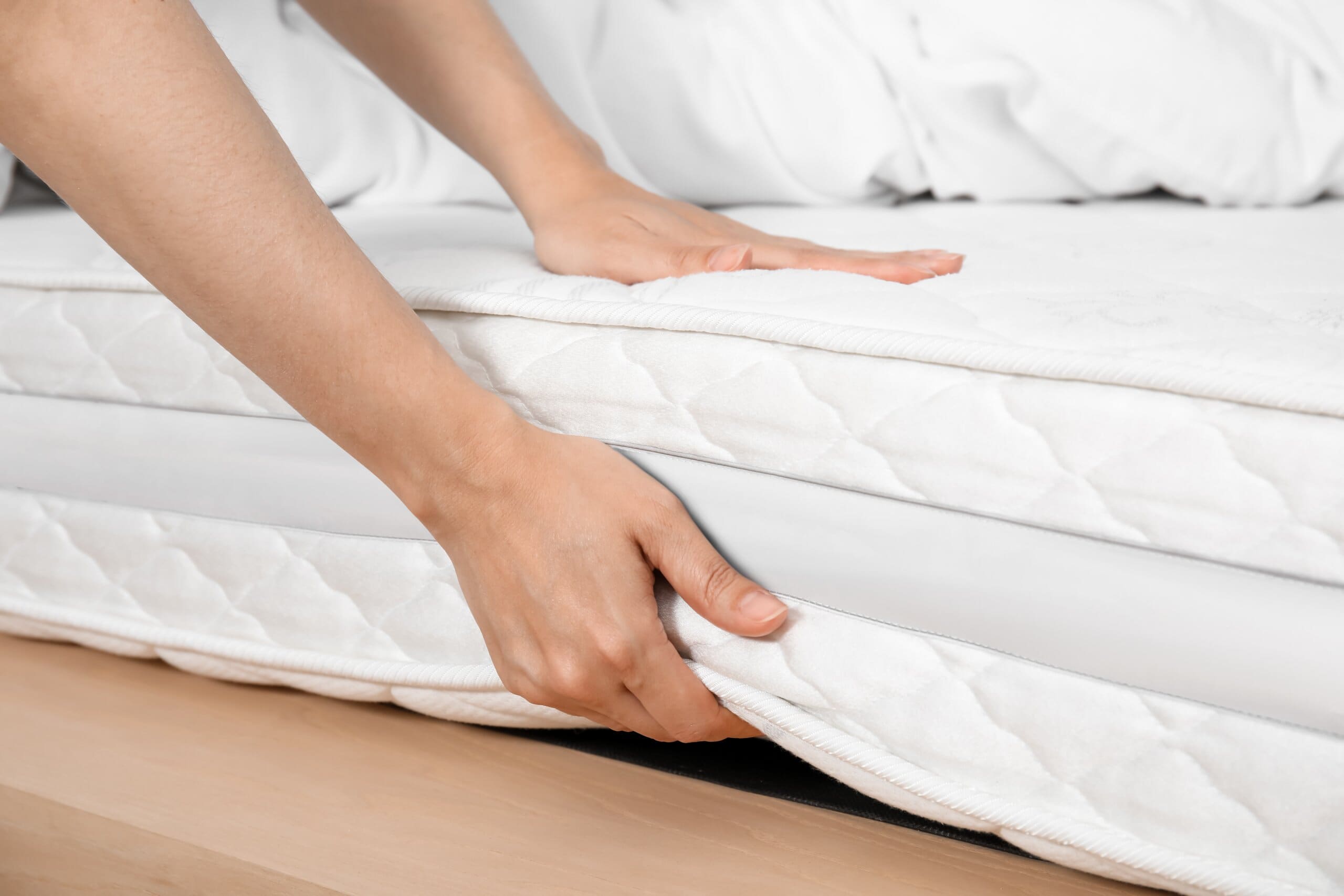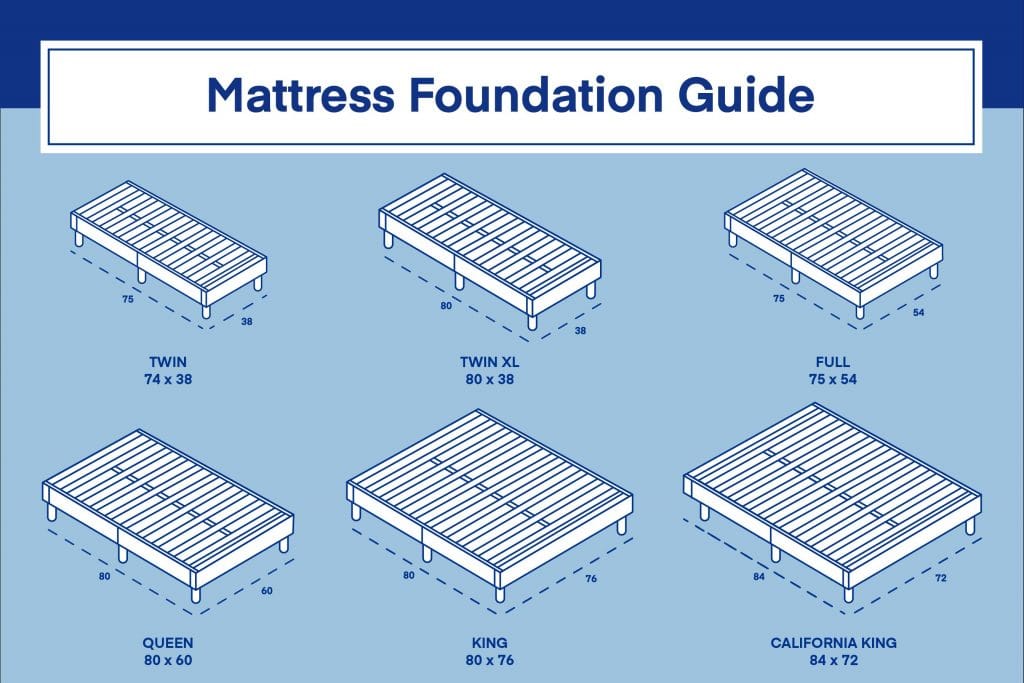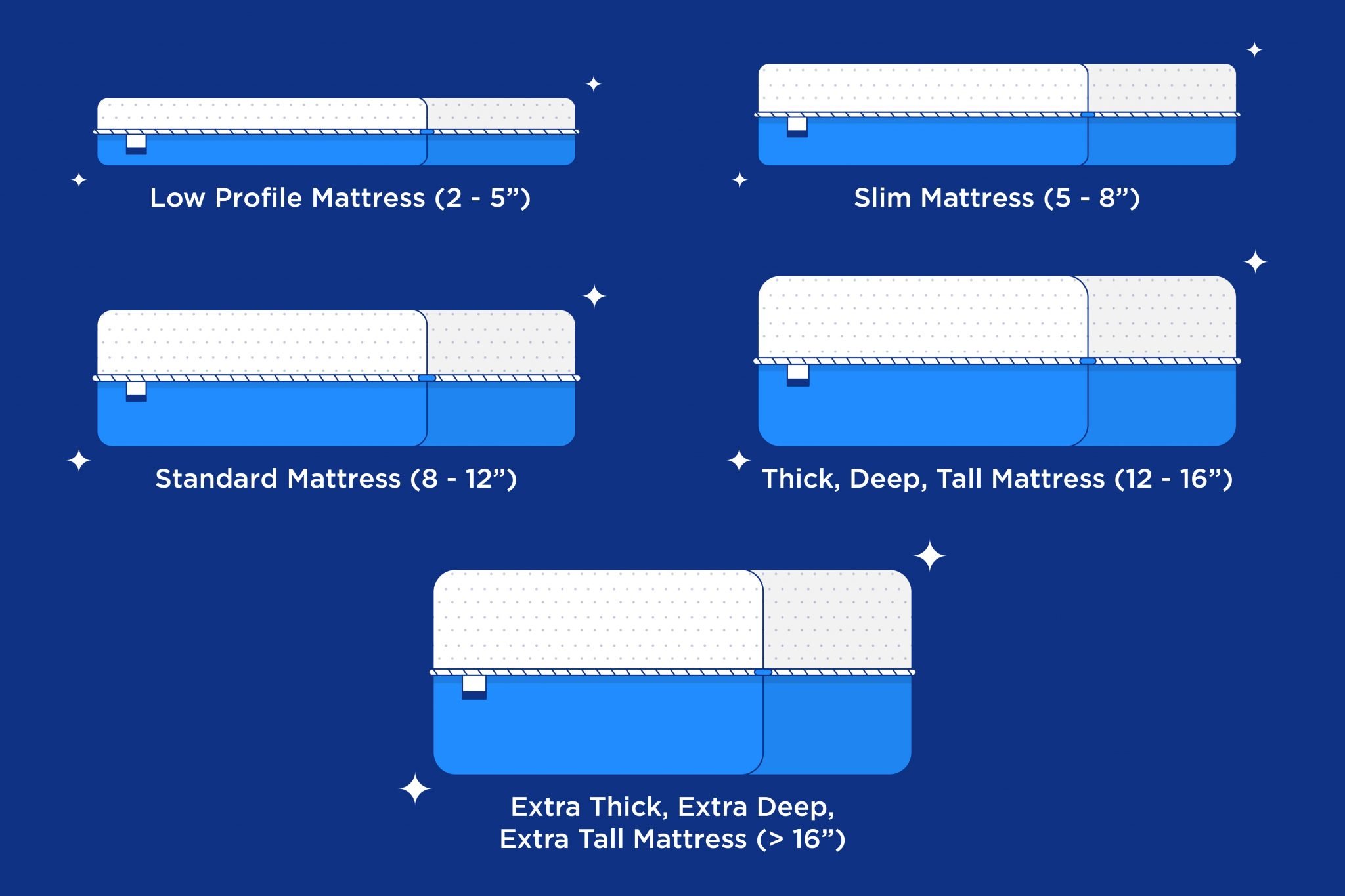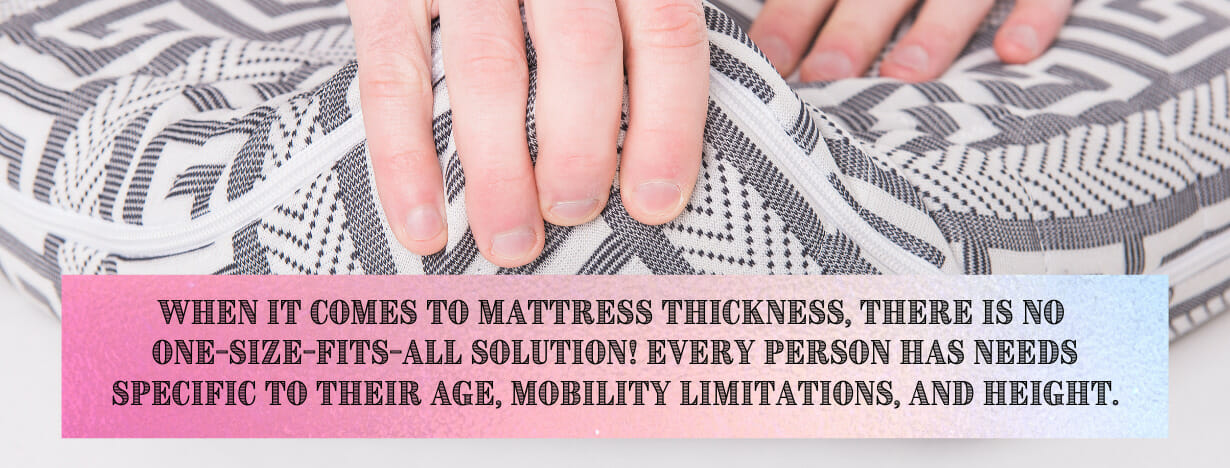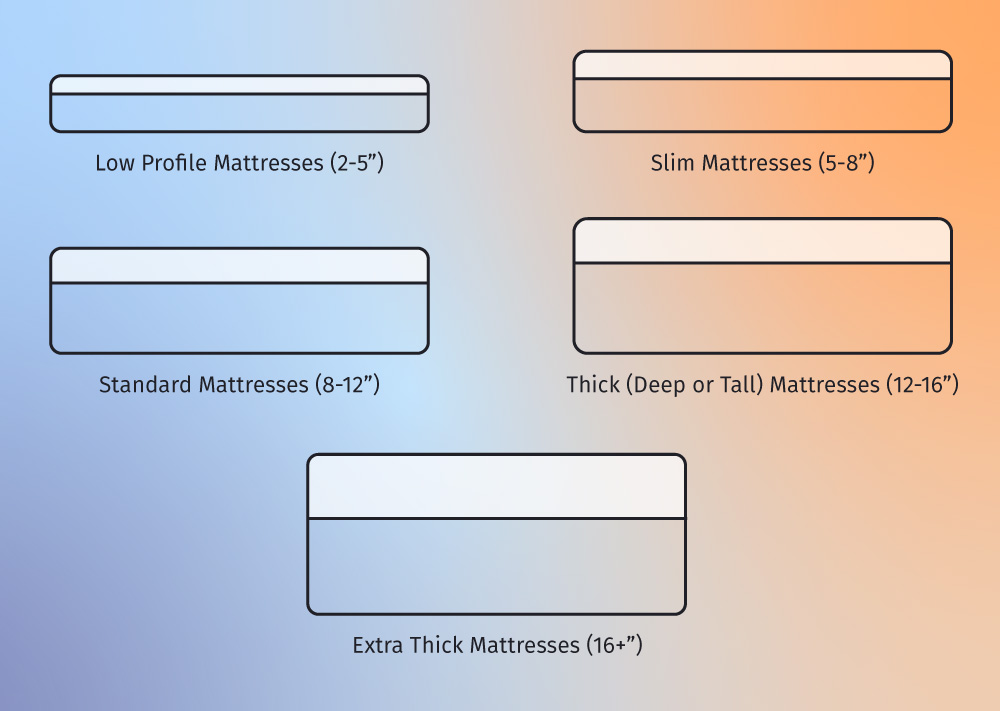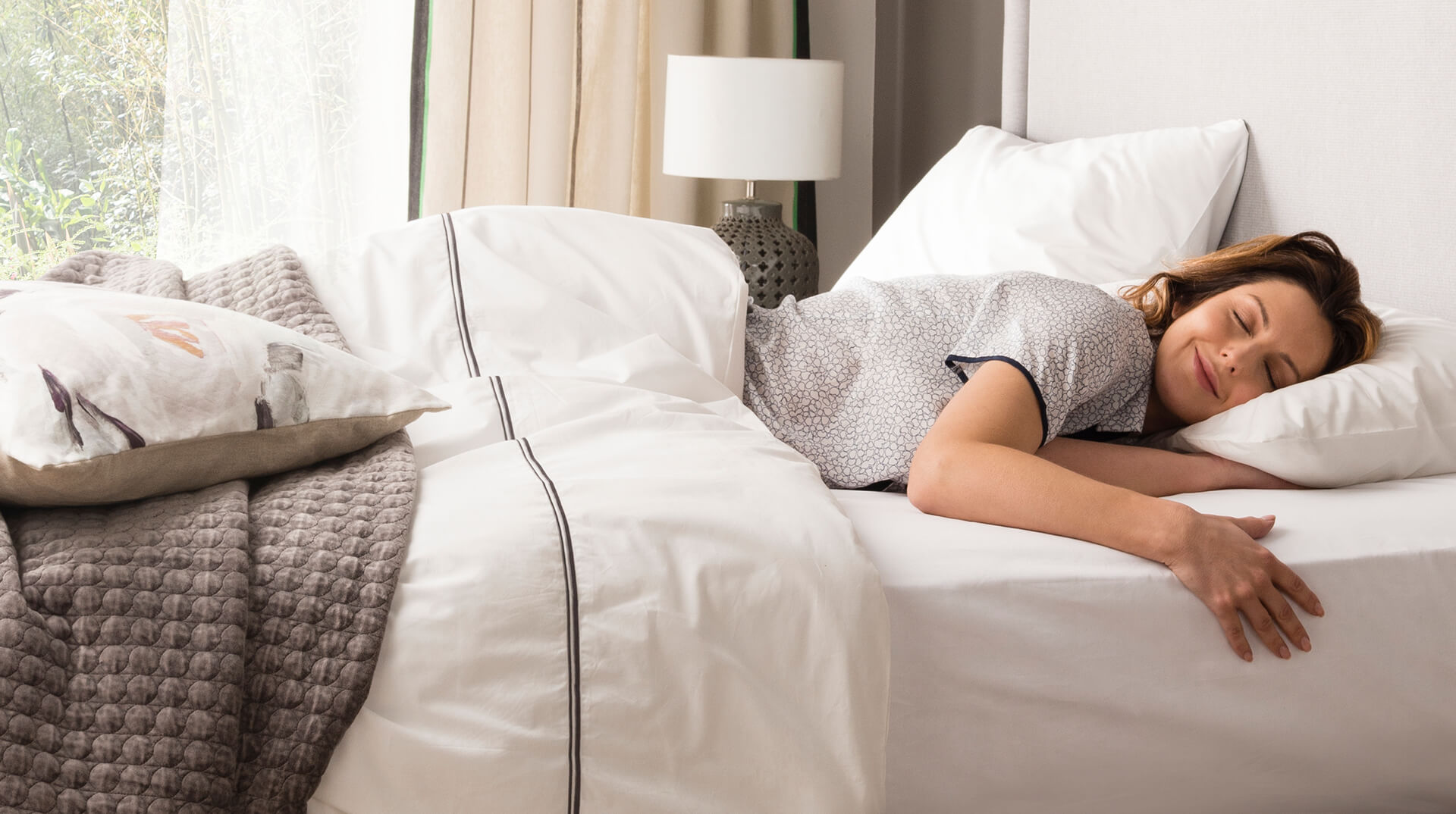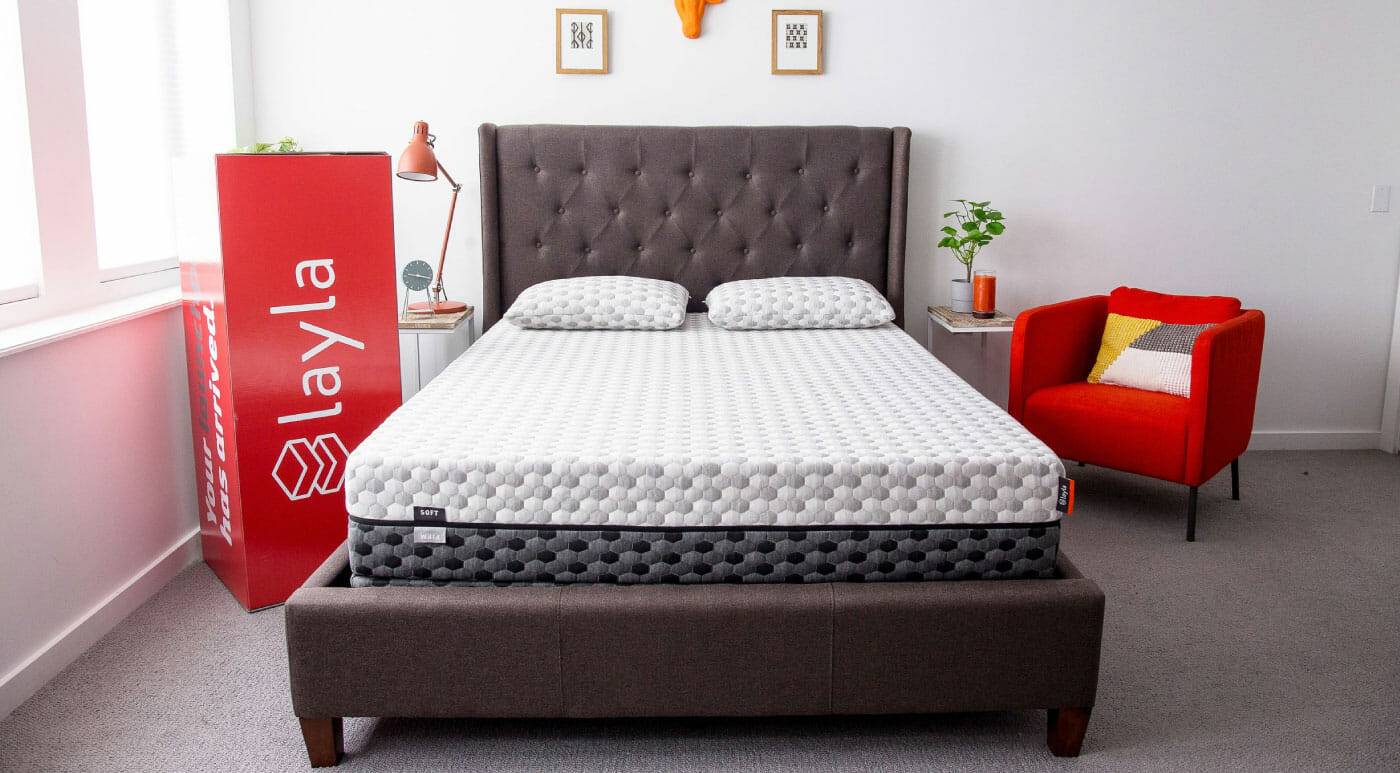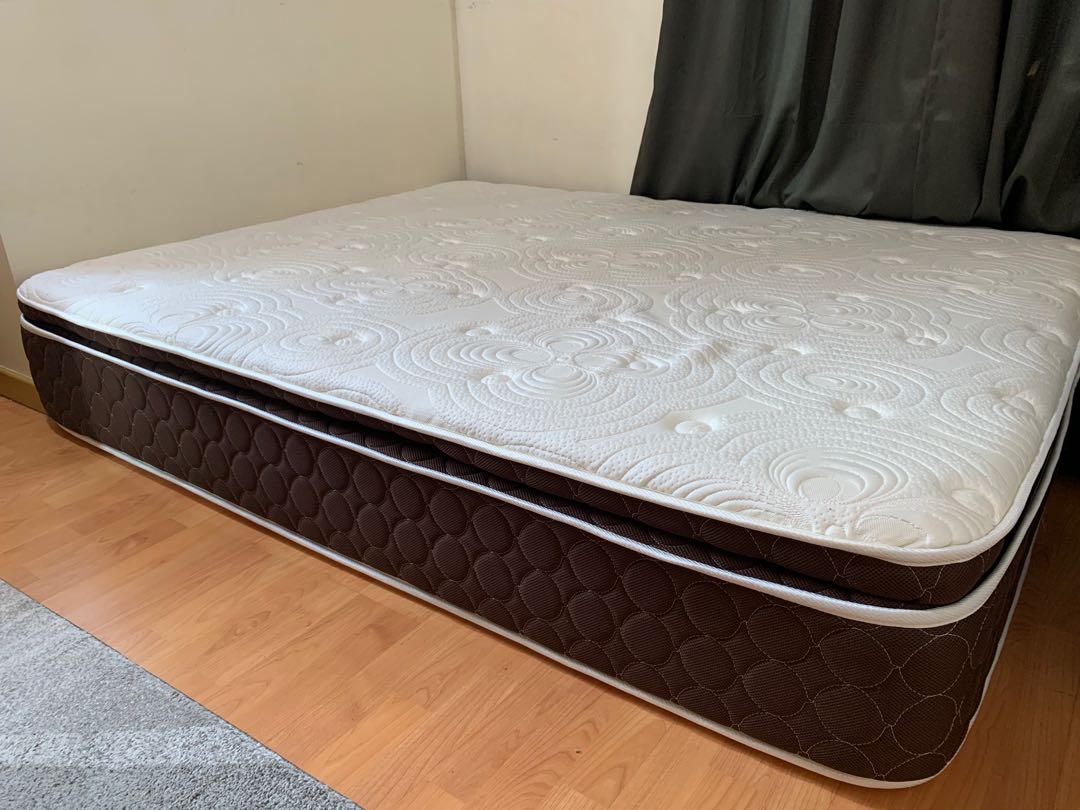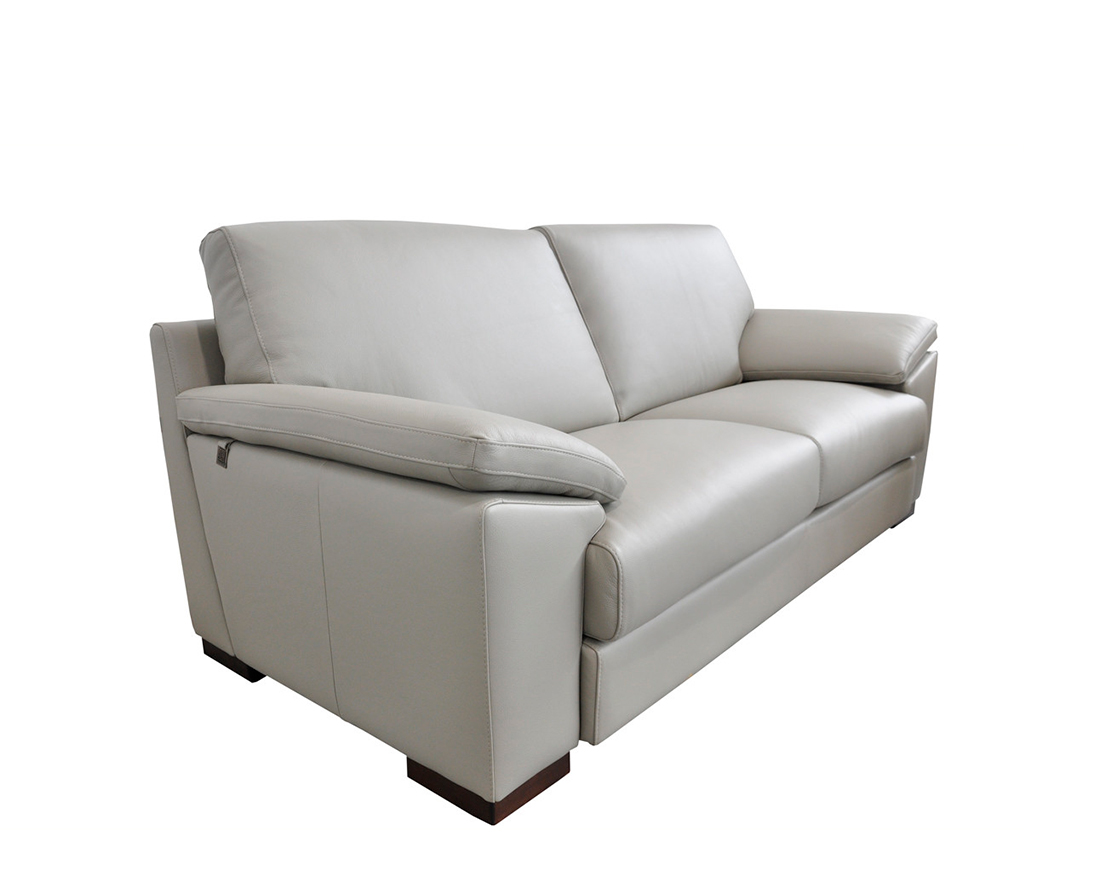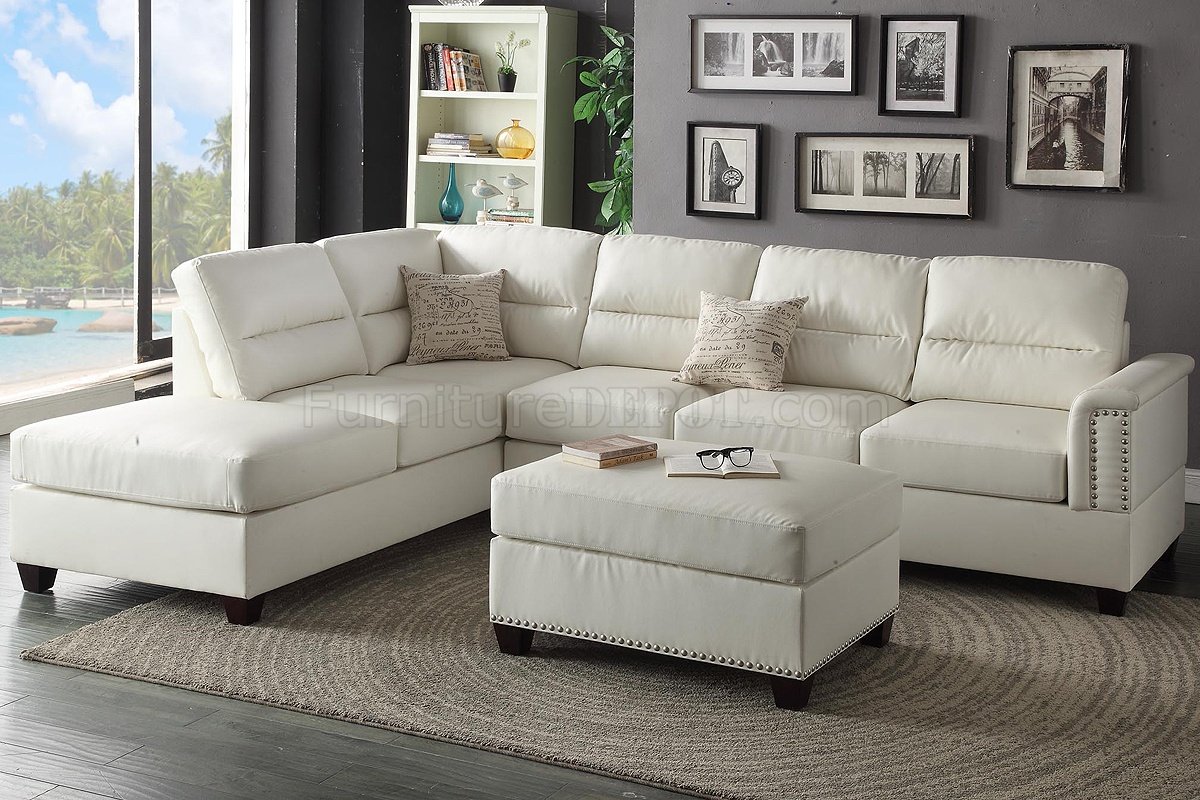When it comes to foam mattresses, thickness plays a crucial role in determining the comfort and support they provide. While there are various options available in the market, a 6 inch foam mattress is considered to be on the lower end of thickness. However, this does not mean that it cannot provide a good night's sleep. Let's take a closer look at the pros and cons of a 6 inch foam mattress and who it may be suitable for. Pros: A 6 inch foam mattress is a budget-friendly option that is ideal for those on a tight budget. Due to its thinner profile, it is also suitable for bunk beds or daybeds, making it a great choice for kids' rooms or guest rooms. It is also lightweight and easy to move around, making it convenient for those who prefer to rearrange their furniture frequently. Cons: The main drawback of a 6 inch foam mattress is its lack of thickness, which may not provide enough support for heavier individuals or those with back issues. It may also not be suitable for side sleepers as it may not offer enough pressure relief for their shoulders and hips. Additionally, a 6 inch foam mattress may not have a long lifespan and may need to be replaced sooner than thicker options.1. 6 inch foam mattress
Next on the list is the 8 inch foam mattress, which is a popular choice among budget-conscious consumers. It offers a slightly thicker profile compared to a 6 inch foam mattress and may provide better support and comfort. Let's take a closer look at the benefits and drawbacks of an 8 inch foam mattress. Pros: An 8 inch foam mattress is a great middle ground for those who want a thicker option without breaking the bank. It can provide enough support for most sleepers and may be suitable for those with back pain or other health issues. It is also lightweight and easy to move around, making it a convenient option. Cons: While an 8 inch foam mattress may offer more support than a 6 inch foam mattress, it may still not be enough for heavier individuals or those with severe back issues. It may also not provide enough pressure relief for side sleepers, and some may find it too firm for their liking.2. 8 inch foam mattress
Moving up the thickness scale, we have the 10 inch foam mattress, which is a popular choice among many consumers. It offers a good balance of support and comfort and may be suitable for a wide range of sleepers. Let's explore the benefits and drawbacks of a 10 inch foam mattress. Pros: A 10 inch foam mattress may be a suitable option for those who want a thicker mattress without spending a fortune. It offers more support and comfort compared to 6 inch or 8 inch foam mattresses, making it suitable for most sleepers. It may also have a longer lifespan and may not need to be replaced as frequently. Cons: While a 10 inch foam mattress may offer more support than thinner options, it may still not be enough for heavier individuals or those with severe back issues. It may also not provide enough pressure relief for side sleepers, and some may find it too firm for their liking.3. 10 inch foam mattress
For those who prefer a thicker mattress, a 12 inch foam mattress may be the ideal choice. It offers more support and comfort compared to thinner options and may provide better pressure relief for side sleepers. Let's take a closer look at the benefits and drawbacks of a 12 inch foam mattress. Pros: A 12 inch foam mattress is a popular choice among those looking for a thicker option without compromising on comfort and support. It may provide enough support for heavier individuals and those with back issues, making it a suitable option for most sleepers. It may also have a longer lifespan and may not need to be replaced as frequently. Cons: The main drawback of a 12 inch foam mattress is its higher price point compared to thinner options. It may also be too thick for some sleepers, and it may not fit comfortably on certain bed frames or platforms.4. 12 inch foam mattress
Finally, we have the 14 inch foam mattress, which is the thickest option on our list. It offers the most support and comfort and may be suitable for those who prefer a plush, luxurious feel. Let's explore the benefits and drawbacks of a 14 inch foam mattress. Pros: A 14 inch foam mattress is a popular choice for those looking for a thick, luxurious mattress. It offers the most support and comfort compared to thinner options and may be suitable for heavier individuals or those with back issues. It may also have a longer lifespan and may not need to be replaced as frequently. Cons: The main drawback of a 14 inch foam mattress is its higher price point compared to thinner options. It may also be too thick for some sleepers, and it may not fit comfortably on certain bed frames or platforms. Additionally, it may not provide enough support for stomach sleepers, who may find it too soft.5. 14 inch foam mattress
After exploring the various thickness options for foam mattresses, you may be wondering which one is the best. The truth is, there is no one-size-fits-all answer. The optimal thickness for a foam mattress depends on your personal preferences, body weight, and sleeping position. If you are a lightweight individual or prefer a firmer feel, a 6 inch foam mattress may be suitable for you. For those who want a balance of comfort and support, an 8 inch foam mattress may be the ideal choice. A 10 inch foam mattress is a safe bet for most sleepers, while a 12 inch foam mattress may provide more support for heavier individuals. The 14 inch foam mattress is best for those who prefer a plush, luxurious feel.6. Optimal thickness for foam mattress
When choosing the right thickness for your foam mattress, it is essential to consider your body weight and sleeping position. Here is a quick guide to help you determine the best thickness for you: 6 inch foam mattress: Suitable for lightweight individuals or those who prefer a firmer feel. 8 inch foam mattress: Ideal for those who want a balance of comfort and support. 10 inch foam mattress: A safe bet for most sleepers, regardless of body weight or sleeping position. 12 inch foam mattress: Offers more support for heavier individuals or those with back issues. 14 inch foam mattress: Best for those who prefer a plush, luxurious feel.7. Foam mattress thickness guide
Aside from considering your body weight and sleeping position, there are a few other factors to keep in mind when choosing the right thickness for your foam mattress. These include the type of foam used, the mattress's overall quality, and your budget. It is essential to invest in a good quality foam mattress to ensure it provides adequate support and comfort, regardless of its thickness. Additionally, keep in mind that the thickness of a foam mattress may affect its durability. Thicker mattresses may have a longer lifespan and may not need to be replaced as frequently as thinner options.8. Choosing the right thickness for foam mattress
If you suffer from back pain, choosing the right thickness for your foam mattress is crucial. While a thinner mattress may not provide enough support for your spine, a thicker one may be too soft and may not offer enough pressure relief. It is recommended to opt for a 10 inch foam mattress or thicker, depending on your body weight and sleeping position. Additionally, make sure to invest in a good quality foam mattress that provides adequate support for your back.9. Foam mattress thickness for back pain
Side sleepers need a mattress that can provide enough support and pressure relief for their shoulders and hips. A 10 inch foam mattress or thicker may be suitable for side sleepers, as it can offer enough cushioning for their pressure points. However, it is essential to consider your body weight and choose a mattress with a medium to medium-firm firmness level for optimal support. In conclusion, the best thickness for a foam mattress depends on various factors such as personal preferences, body weight, and sleeping position. It is essential to consider these factors and invest in a good quality foam mattress to ensure a comfortable and restful night's sleep.10. Foam mattress thickness for side sleepers
The Importance of Choosing the Best Thickness for Your Foam Mattress
 When it comes to designing your home, one of the most important elements to consider is the quality of your mattress. After all, a good night's sleep is essential for a healthy and productive lifestyle. With the variety of mattress options available, it's easy to get overwhelmed and unsure of what would be the best fit for your needs. One crucial factor to consider is the thickness of your foam mattress.
Choosing the right thickness for your foam mattress can greatly impact your comfort and overall sleep experience.
When it comes to designing your home, one of the most important elements to consider is the quality of your mattress. After all, a good night's sleep is essential for a healthy and productive lifestyle. With the variety of mattress options available, it's easy to get overwhelmed and unsure of what would be the best fit for your needs. One crucial factor to consider is the thickness of your foam mattress.
Choosing the right thickness for your foam mattress can greatly impact your comfort and overall sleep experience.
Why Foam Mattresses are a Popular Choice
 Foam mattresses have gained popularity in recent years due to their ability to provide excellent support and comfort. They are known for contouring to the body, relieving pressure points, and promoting proper spinal alignment. Foam mattresses also have the added benefit of being hypoallergenic and resistant to dust mites, making them a great option for those with allergies.
Foam mattresses have gained popularity in recent years due to their ability to provide excellent support and comfort. They are known for contouring to the body, relieving pressure points, and promoting proper spinal alignment. Foam mattresses also have the added benefit of being hypoallergenic and resistant to dust mites, making them a great option for those with allergies.
The Ideal Thickness for Foam Mattresses
 The ideal thickness for a foam mattress is generally considered to be between 8 and 12 inches.
This range provides the perfect balance of support and comfort. Thicker mattresses may seem more luxurious, but they can also be too firm and cause discomfort. On the other hand, thinner mattresses may not provide enough support and can lead to back pain and restless sleep.
The ideal thickness for a foam mattress is generally considered to be between 8 and 12 inches.
This range provides the perfect balance of support and comfort. Thicker mattresses may seem more luxurious, but they can also be too firm and cause discomfort. On the other hand, thinner mattresses may not provide enough support and can lead to back pain and restless sleep.
Factors to Consider
Conclusion
 In conclusion,
choosing the best thickness for your foam mattress is a crucial step in creating your ideal sleep environment.
Taking into account your body weight, preferred type of foam, and overall comfort level will help you make an informed decision. Remember, a good night's sleep is essential for your physical and mental well-being, and investing in the right mattress is a step towards achieving that. So, don't hesitate to do your research and choose the perfect thickness for your foam mattress for a comfortable and restful sleep every night.
In conclusion,
choosing the best thickness for your foam mattress is a crucial step in creating your ideal sleep environment.
Taking into account your body weight, preferred type of foam, and overall comfort level will help you make an informed decision. Remember, a good night's sleep is essential for your physical and mental well-being, and investing in the right mattress is a step towards achieving that. So, don't hesitate to do your research and choose the perfect thickness for your foam mattress for a comfortable and restful sleep every night.



